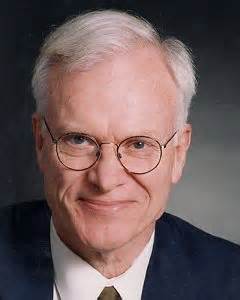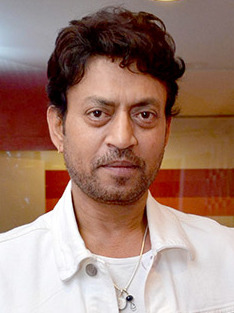A Quote by Indira Gandhi
I examine the consequences later, when a new situation arises and I then face the new situation. And that's it.
Related Quotes
To resort to power one need not be violent, and to speak to conscience one need not be meek. The most effective action both resorts to power and engages conscience. Nonviolent actions does not have to get others to be nice. It can in effect force them to consult their consciences. Nor does it have to petition those in power to do something about a situation. It can face the authorities with a new fact and say: Accept this new situation which we have created.
Often a successful problem-solver is one who creates a new context in which to view the problem. This can often be done by directing one's attention away from the distracting details of the difficulty. From a detached perspective, we may examine the situation in a new or different light and, after exploring information and options, choose an appropriate course of action.
It isn't the changes that do you in, it's the transitions. Change is not the same as transition. Change is situational: the new site, the new boss, the new team roles, the new policy. Transition is the psychological process people go through to come to terms with the new situation. Change is external, transition is internal
If we are too busy, if we are carried away every day by our projects, our uncertainty, our craving, how can we have the time to stop and look deeply into the situation-our own situation, the situation of our beloved one, the situation of our family and of our community, and the situation of our nation and of the other nations?
Surrendered people understand that they can’t always change a situation, especially when the door is shut. They don’t try to force it open. Instead, they pay attention to their own behavior, look at the situation at hand, and find a new, different, and creative way to get beyond the obstacles. They are comfortable with uncertainty.











































